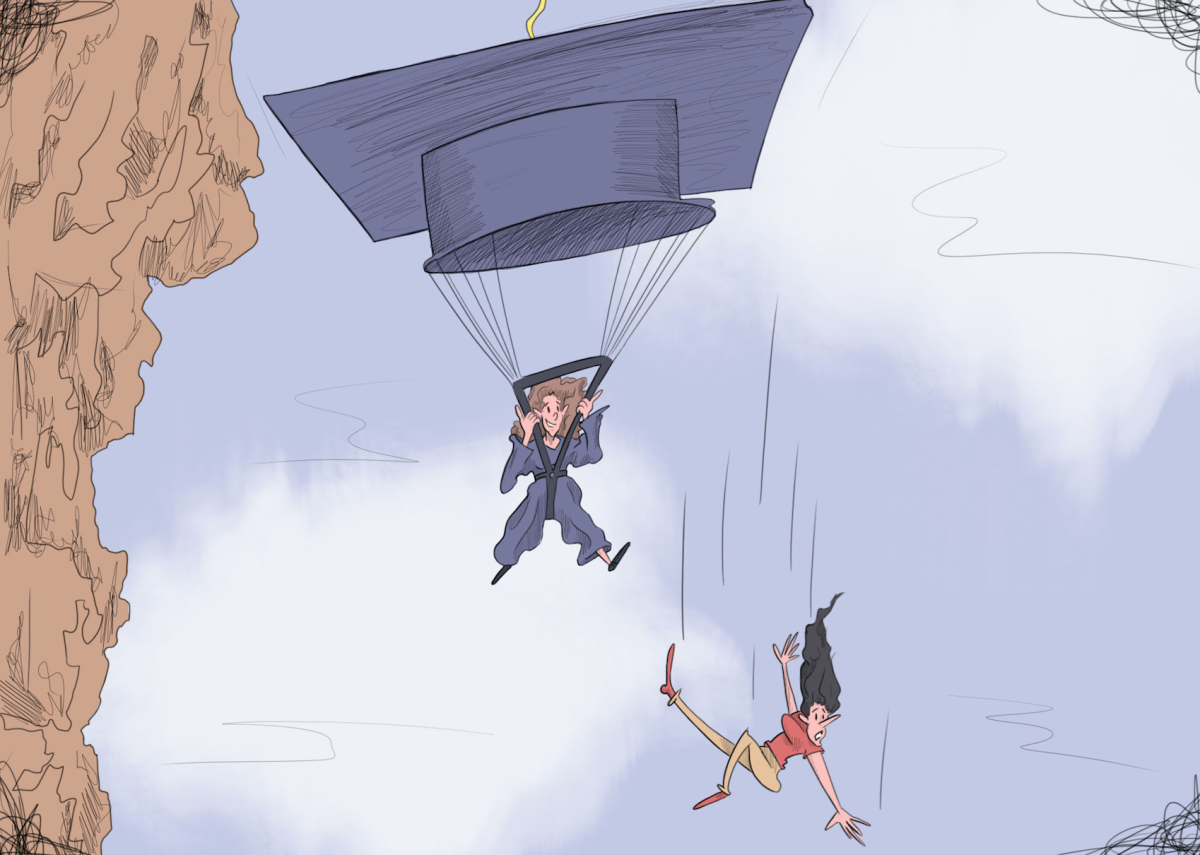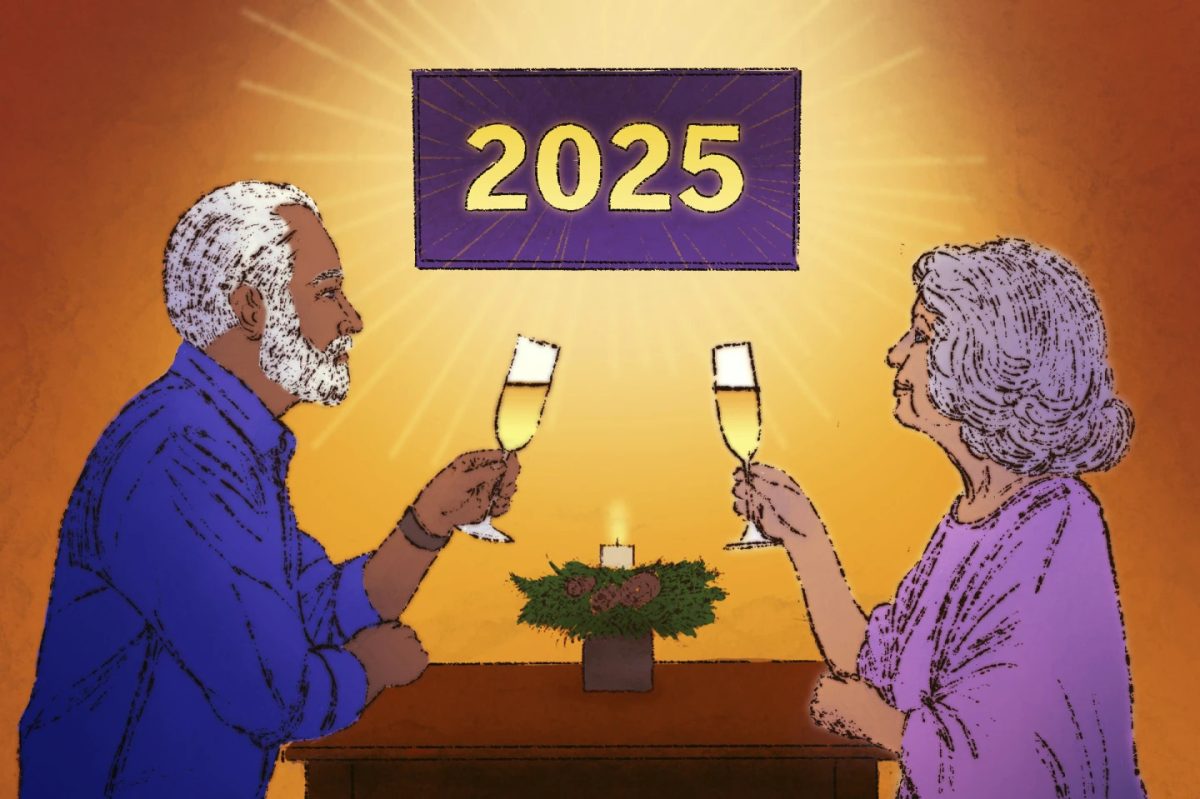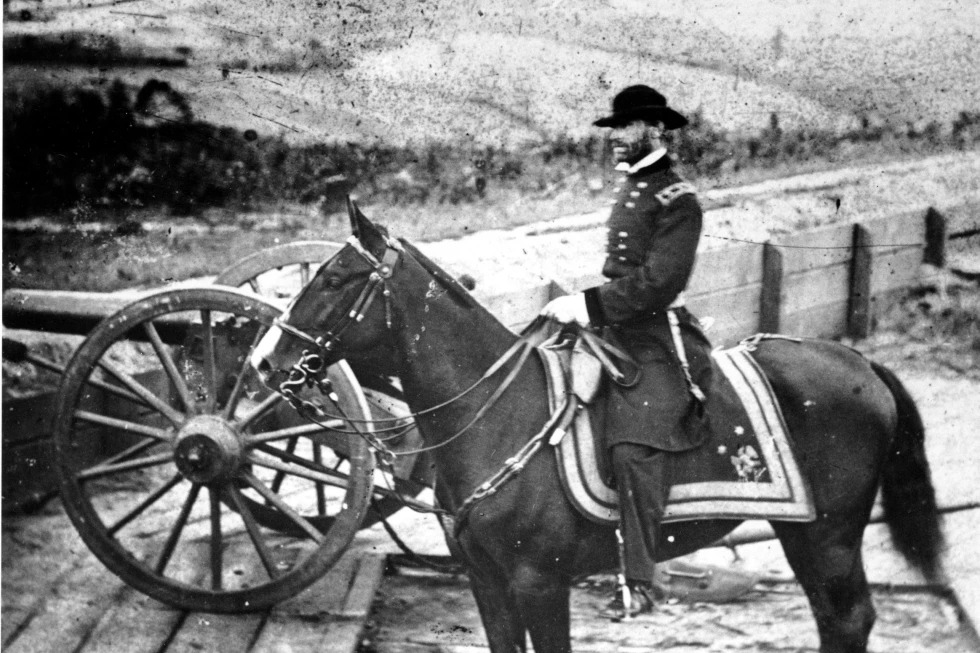Degree inflation, or academic inflation, is a phenomenon where “a degree becomes a requirement for more jobs while, at the same time, becoming an insufficient entry requirement to others.” This new trend can be seen in new job postings requiring bachelor’s degrees or even advanced degrees where they were not previously required. This may seem like it’s only harmful to those without degrees in higher education, but it also has a negative impact on employers, the economy and those with higher education degrees and the value of their degrees.
Degree inflation is harmful in several ways, even to those who have the necessary degrees. For example, in several industries, the bachelor’s degree is becoming the new high school degree. Graduates from four-year universities are being forced into lower-skill jobs with lower salaries. A bachelor’s degree is now considered entry-level for many employers, with them slapping it onto job postings like a person who doesn’t know how to cook slaps parsley on everything.
However, having a college degree is still more beneficial than not having one. As recently as 2017, it was reported college graduates on average earned 56 percent more than high school graduates. The income gap, unjust as it is, is only accelerating. Degree inflation can only contribute to creating a larger gap, which will leave more people unemployed.
Employers don’t realize how this lazy practice is affecting them. Not only are positions taking longer than ever to fill, employers have to pay more to attract and keep these job applicants. These applicants have paid for over-priced higher education for four years, and they want to see returns on their investments, no matter the levels of the positions. Not only do these things hurt employers, but they don’t make any sense. The job skills for these positions haven’t changed, but a four-year degree is required all of a sudden?
A Forbes Survey reported 16 percent of current supervisors of production workers currently hold a college degree, but 67 percent of the job postings for the job position require a bachelor’s degree. This creates a degree gap of 51 percent.
Not only are employers being forced to pay more, but they’re limiting their pool of applicants. And, for what? Is it because having a degree is seen as the barometer for intelligence and capability? I have to disagree, especially when it’s not justified. One statistic by Burning Glass reports that three in five employers reject qualified middle-skill candidates with relevant experience in favor of recent college graduates. Instead of choosing the applicant who you know has the knowledge to succeed and thrive in your workplace, you’re going to choose the person with no practical experience.
While I do understand the value of an education and would never discredit it, I also know it is not required for a person to be talented and capable of hard work that would prove conducive to a workplace. A degree is a measure of several things, none of them automatically equaling excellence or capability.
There are so many reasons people don’t enroll in higher education, one of the main reasons being that life isn’t perfect. Not everyone can follow the plan that society thinks is the best to follow, and they shouldn’t be penalized or ostracized by the workforce for it.
Maya Stevenson is a 19-year-old English and economics sophomore from Baton Rouge, Louisiana.







